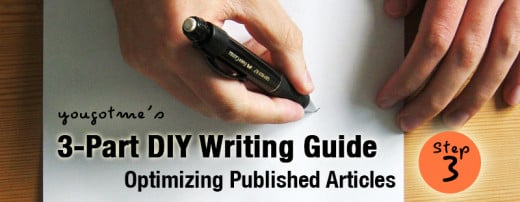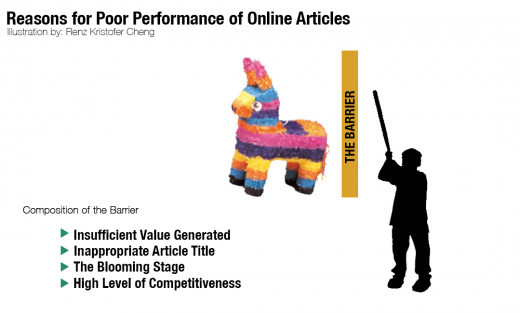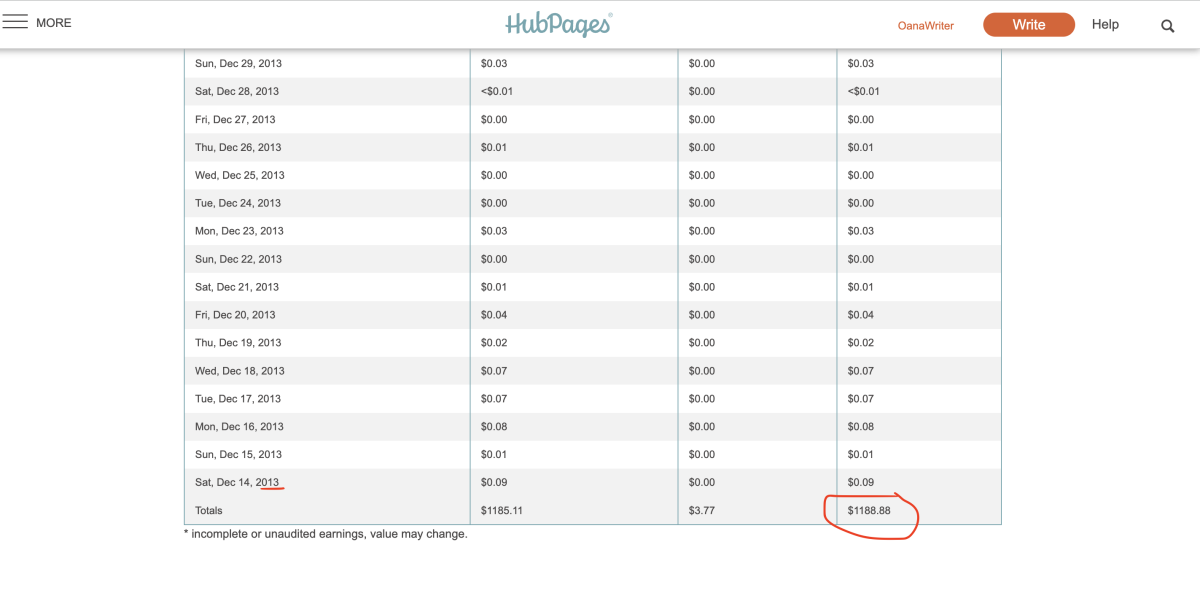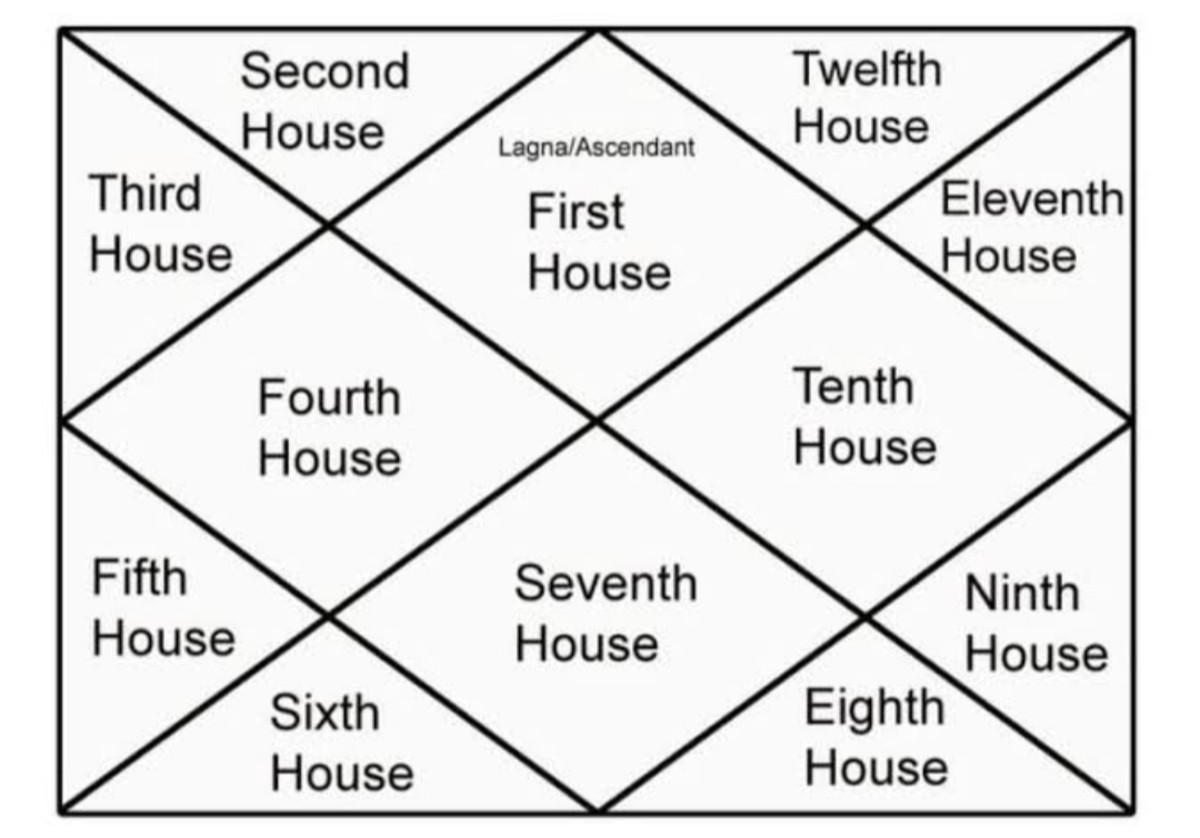How to Increase Website and Blog Views Effectively

As a fellow online writer, I know the feeling of frustration when our articles tend to perform poorly despite all our efforts to make it really useful, informative, amusing and/or entertaining. Hence, I am sharing with you some of the basic knowledge, tips and techniques you need to know that may help you jump over the hurdle.
Note: This is the last installment of my 3-Part DIY Writing Guide. You may want to check the bottom part of this article to navigate across the first two installments.

How much are you earning from your online articles?
Estimate your Monthly Earnings!
I developed an excel tool that will enable you to roughly estimate your monthly earnings.
Estimating Monthly Earnings and Knowing How Many Articles to Write
This will require basic inputs such as your current number of articles, the average CPM you are receiving and your target monthly earning. After that, the excel will do the trick for you an estimate some figures, which you can use for setting your writing goals!
Possible Reasons for Poor Performance
It is no doubt that in the world of writing, Value embedded in your content is King; however there are times when it seems like it is not the case. But trust me, it holds true (but under certain conditions).
Some of the reasons why your article may seem to perform poorly are listed below.
- Insufficient value provided: there are cases that for us, writers, we already generated useful information; however, in the eyes of the readers, it may not be sufficient, perhaps because they are looking for something else. Over the year I've been writing online, I sensed that Google search engine is indeed smart enough to determine whether our article is contributing something for readers (maybe through secret metrics).Hence, if the system, through its indicators, sees that your article is not as useful and/or engaging, the search engine may bury your article down.
- Inappropriate article title: no matter how beautiful your content is, it will be totally ignored (i.e. not be properly ranked and shown in search engine) when the title does not clearly describe the topic and the specific subject matter. Do you think people will stumble upon an article about the practical uses of Galaxy S4 when its title is "My Galaxy S4 is so Awesome!"
- Blooming stage: same as the concept of product life cycle, articles tend to exhibit the born-grow-mature-decline-die pattern. Hence, it is not too common for an article or blog post magnificently written to attract hundreds or thousands of visitors immediately. It will take some time before it reaches that stage. Just be patient.
- High competitiveness: one of the common reasons why some of our articles tend to be buried down is because of cut-throat competition among related articles.


Self Optimization Tips and Techniques
Now that you have a firmer grasp of potential reasons why you are not hitting the piñata, let's proceed with the possible remedies.
- Update your content - to combat problems 1 and 4, you may need to add more high-value content to your articles!
If readers are not finding much of what they really need in your output, you must learn how to identify those info and add them up to your article. This may suggest additional research and reading
Second, if you want to compete well with other established writers, you must be ready to continuously update relevant information to your articles.This will bring forth authority which may help as well in building a great name or reputation.
However, you must need to sustain or improve the level of engagement for your articles. (Again, Google seem to have good metrics to measure this; hence, it will be beneficial to your search engine ranking if you'll further make your articles engaging)

You may opt to take an active stance on the matter, and promote your articles in various social media channels. However, you must have high confidence that people will really read them.
Note, however, that this is just my hypothesis - that when more people get to read your articles, and they tend to stay for awhile and actually read them (an indicator of engagement), search engines may but you at higher positions in the search results page. Aside from this, I believe this procedure will hasten up in bringing your articles to the maturity stage.
Personally, this step was effective in improving the performance of my articles (but not all), and the improvement was substantial. However, if you think your article is performing okay or fine, don't change the title anymore because it may bring out an adverse (or reverse) effect. Or, if you will, be sure you have researched enough on the words you want to replace.
(You may refer back to the second installment of this DIY Writing Guide for more tips on crafting the title)

Indicators of Success
When will you know when you are already reaching a degree of success? Well, it's pretty basic, it can be the time when you are experiencing the following,
- Sufficient amount of Comments
- Decent level of Traffic and various shares across social media platforms
- High page rank or position in the search engine results page
- Organic backlinks from other online writers and blogs
3-Part DIY Writing Guide Series
For easier navigation here are the 3 parts of the series:
- Choosing the Right Topic
- Writing Value-Generating Content
- Optimizing Published Articles
You're done!
Wrapping Up: Effort equals Success
It is a common misnomer to believe that online writing is pure luck. Well, I'm not discounting the fact that it's still a factor, but I'm telling you - it's not the sole determining factor. In fact, effort is!
Most of the successful online writer faced a lot of slumps, and definitely generated articles that did not perform well. However, what made them successful were the efforts they poured to establish a great reputation and craft good content! But one thing is for sure, if they were able to achieve success, then we can too! It just takes some creativity, a dab of luck and an ounce of effort.
The End of the Writing Guide Series
That's about it, everyone! I hope you found this 3-Part DIY Writing Guide helpful and informative! Thank you, and I wish you all the best, my friend!
© 2013 Renz Kristofer Cheng








